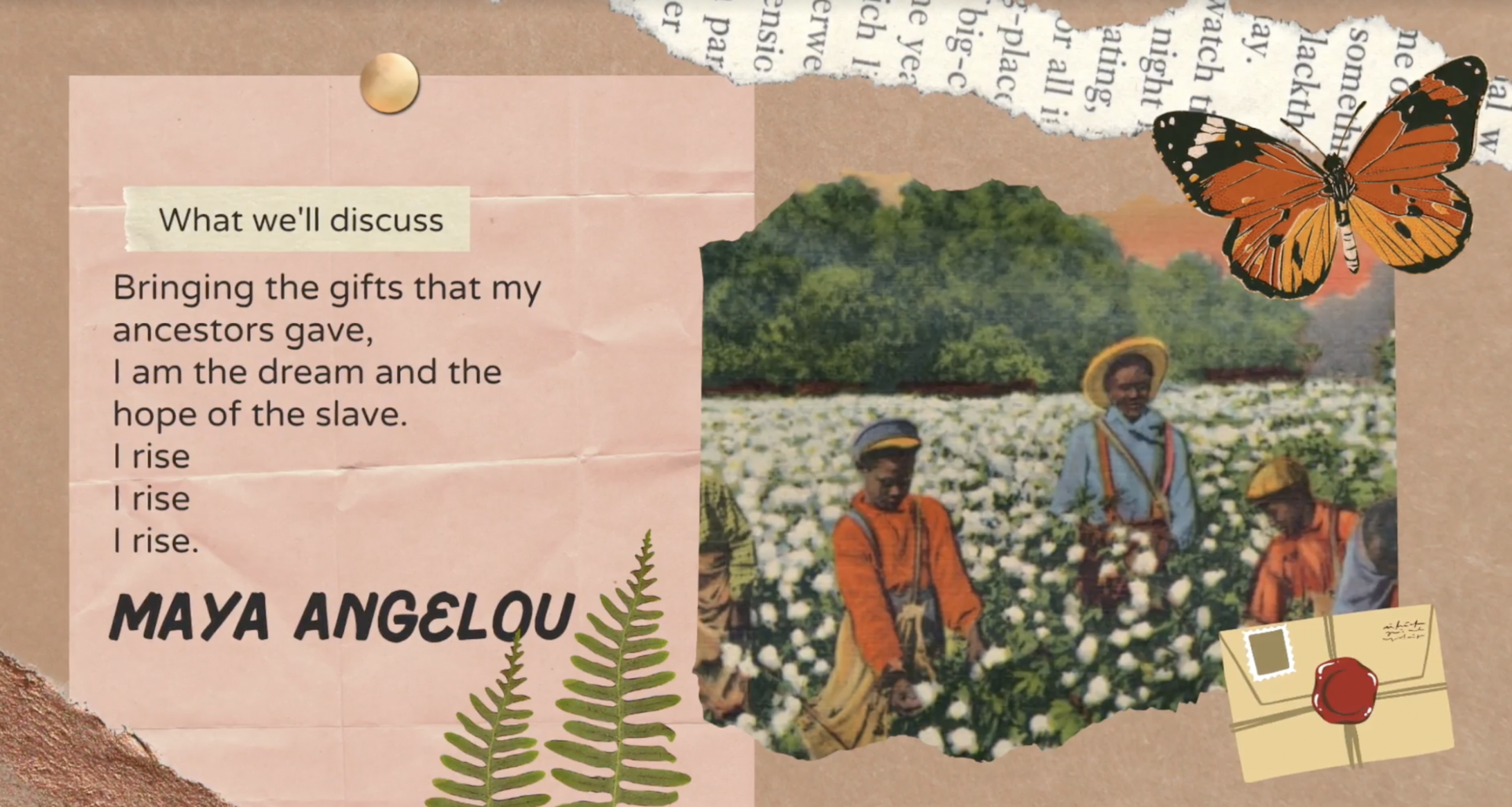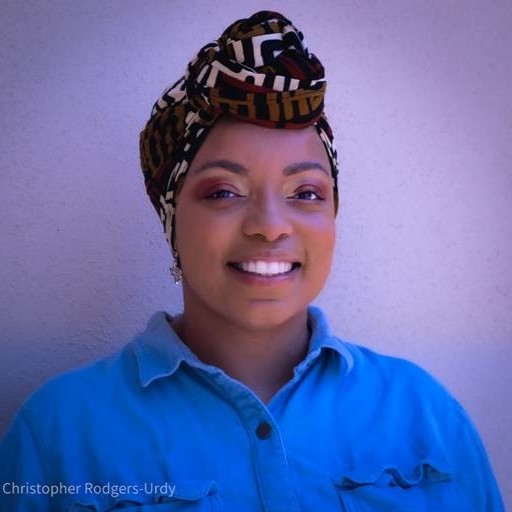A Project Advisor at Movement Strategy Center Presents a Recipe and a Family History for Southern Black Lives

The holiday season is among us — a time to celebrate, reflect, reset, and gather in community. It’s also time to prepare festive meals and share favorite dishes — many from recipes that have bounced around families for generations. The concept of sharing foods and sharing traditions has always been an integral part of movement work, as well. When we share recipes that connect us to our roots, we invite our community to recognize our whole selves.
The staff here at Movement Strategy Center (MSC) clock in across several states, cities, and time zones. Thus, our mostly remote culture demands creative ways of convening, connecting, and developing connections and we must be intentional in our cultivation of Beloved Community. At the end of the day, our issues and their solutions are interconnected — whether they’re at work or in life.
It was in this spirit of community and reflection, that our Movement Infrastructure Innovation Center (MIIC) team was asked to share a recipe that best represents their culture. Most team members shared actual recipes — tamales, a honey glazed ham, and lasagna — family favorites shared year after year at holiday gatherings. But, Karmella Green, who joined the MIIC team as a Project Advisor in the Summer of 2022, offered her team something different: a powerful video presentation detailing a cultural recipe rooted in compassion, shared history, and Black liberation.

Through an oral history, beginning in the 17th century, Green — a Black woman and a Texan — challenged her teammates to interrogate perceived benefits of White proximity, a driving force that prompts people of color to adopt anti-Black views. Karmella articulated the resilience of her culture, noting, “Slavery is White history. How we survived it is Black history.” Her narrative is buried in poems and pain; it details familial accomplishments and societal failings and is bookended with quotes from the Black luminaries lining her family’s bookshelves. She details her family members, including her great great grandmother — a well known member of their community. Throughout these stories, Green poignantly reminds us that “if intergenerational trauma can be passed down through DNA, so can healing.”
Her incredible piece is a recipe — not for a casserole but for healing, for growth, and for overcoming systemic racism. It echoes her contemporary efforts to disavow the inherent systemic racism within the philanthropic community, and it is a lesson for transforming communities.
Thank you, Karmella, for sharing your cultural recipe and reminding us, this holiday season, that when we share histories, we can shape possibilities for our collective future, rooted in love. With her permission, we invite you to watch her piece, as presented to her teammates, in the video below.
Trigger Warning: the video includes photos of violence, themes of racism, oppression, death, and abuse.
If you are feeling nourished, like and share this blog, and let us know in the comments below what dishes — or histories — are staples on your holiday table. No matter the dish you bring to the table, MSC wishes you and your beloveds a spirited holiday season.

